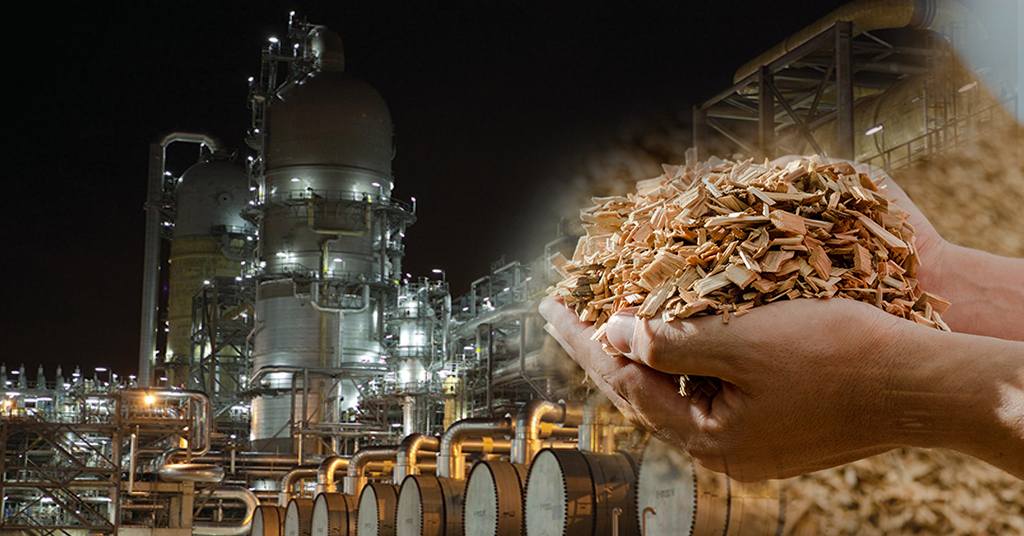Welcome To ChemAnalyst

The expected timeline for Germany's complete withdrawal from coal in its energy system is now pushed back to 2038, presenting a significant challenge to the coalition government's original commitment to achieving a coal phase-out by the end of this decade. The latest projections, derived from Cornwall Insight's Northwest Europe Benchmark Power Curve, introduce scepticism regarding Germany's ability to fulfil its energy transition goals. Data indicates that nearly 19 gigawatts (GW) of coal will remain integral to the German energy landscape by 2030.
In 2021, the coalition government, comprising the Social Democratic, Green, and Free Democrat parties, collectively pledged to eliminate coal from Germany's energy mix by 2030. This commitment represented an acceleration of eight years compared to the original timeline outlined in the Coal Phase-out Act. The initial strategy involved a blend of expanding renewable energy sources and introducing new gas-fired power plants, eventually transitioning to hydrogen, with the ambitious target of providing up to 25 GW of capacity. However, budget constraints have compelled a temporary suspension of this plan, leading to a notable gap in the roadmap.
Adding to the complexity, sanctions on Russian gas imports have further exacerbated the situation, prompting Germany to reactivate 8 GW of coal and lignite-powered plants to compensate for the loss of gas capacity. Economic considerations have recently prompted key figures, including the German Finance Minister, to raise questions about the feasibility of the 2030 target. Regional leaders have also expressed concerns about the absence of alternative generation sources if coal and lignite are phased out.
The evolving energy landscape in Germany presents multifaceted challenges, and the decision to extend the coal phase-out timeline has broader implications for the nation's energy security and transition. The original commitment to a swift coal phase-out underscored Germany's commitment to addressing climate change and transitioning towards cleaner energy sources. However, the current hurdles, including economic constraints, geopolitical factors, and logistical challenges, highlight the intricate nature of energy transitions on a national scale.
Despite the challenges, Germany's strides in expanding onshore wind and solar power demonstrate a commitment to decarbonization and a transition toward renewable energy sources. The recognition that the transition may take longer than initially projected reflects a pragmatic understanding of the intricate factors at play.
As Germany continues its journey toward net-zero emissions and a sustainable energy future, it will be essential to adapt strategies and policies to address evolving challenges. Balancing environmental goals with economic realities and ensuring a reliable and secure energy supply will be key considerations in navigating the complexities of the energy transition landscape.
We use cookies to deliver the best possible experience on our website. To learn more, visit our Privacy Policy. By continuing to use this site or by closing this box, you consent to our use of cookies. More info.
